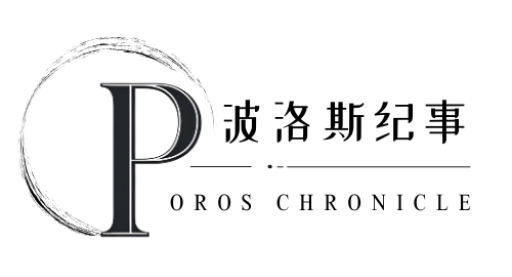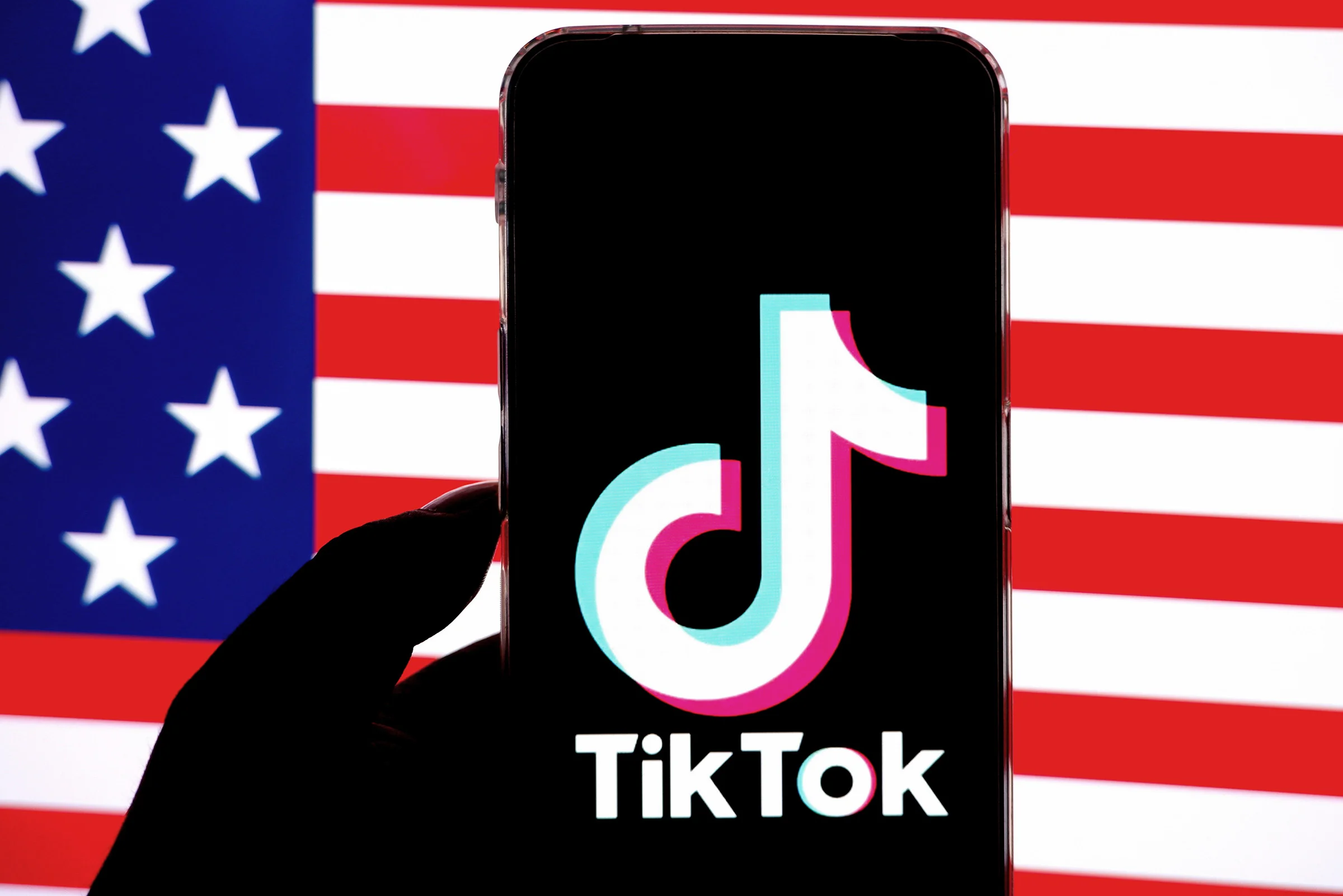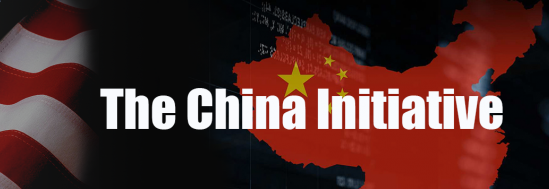On September 15, the U.S. government and China’s ByteDance reached a framework agreement regarding TikTok’s U.S. operations, successfully averting the TikTok ban that was set to take effect on September 17. The agreement secures TikTok’s continued presence in the U.S. and marks an important compromise in the ongoing technological tensions between China and the United States. Details of the deal—covering data security, equity structure, and future oversight—have drawn wide attention.
Under the agreement, TikTok’s U.S. operations will be managed by a newly established American entity. U.S. companies including Oracle, Silver Lake, and Andreessen Horowitz will collectively hold 80% of the shares, while ByteDance will retain a 20% minority stake. The new entity will ensure that TikTok’s algorithms and user data are stored and operated independently within the U.S., with data centers based in the country to meet strict U.S. national security requirements. In addition, the agreement grants the U.S. government the right to conduct regular reviews of TikTok’s operations to ensure compliance. Reportedly, U.S. President Donald Trump and Chinese President Xi Jinping are scheduled to confirm the details of the deal in a phone call on September 19.
As one of the world’s leading short-video platforms, TikTok has over 100 million monthly active users in the United States. Since 2020, TikTok has repeatedly faced scrutiny from the U.S. government due to its Chinese ownership, and by early 2025 was threatened with a complete ban unless its U.S. operations were fully separated from its Chinese parent company. The latest agreement is seen as a rare moment of cooperation between the two countries in the tech sphere. According to CNN and Reuters, the deal paves the way for TikTok’s sustained growth in the U.S. market and could serve as a reference for other Chinese tech firms operating in the country.
At the heart of the agreement are issues of data privacy and security. The U.S. government has long been concerned that TikTok might transfer user data to China, a claim ByteDance has consistently denied. The newly formed U.S. entity will adopt a “data silo” model to ensure user data remains within U.S. borders. Oracle stated it will deploy advanced encryption technologies to protect user privacy and guarantee localized operation of TikTok’s algorithm. These measures are designed to address national security concerns while maintaining the platform’s service quality.
While the agreement eases the immediate pressure of a ban, it has also sparked debate. Some in the U.S. argue that allowing ByteDance to retain a 20% stake could pose long-term security risks. Others warn that algorithm localization and data isolation may weaken TikTok’s global competitiveness, especially in the area of innovative content recommendations. Analysts at the Washington-based Center for a New American Security noted that the deal provides a new model for U.S.-China technology negotiations, with possible implications for future talks in sectors such as semiconductors and artificial intelligence.
Implementing the agreement will take several months, involving the establishment of the new entity, migration of algorithms, and construction of data centers. If all proceeds smoothly, TikTok is expected to maintain its influence in the U.S. market. Industry observers note that TikTok’s trajectory is not only about business interests, but also reflects the intersection of technology and culture in a globalized context.
The agreement provides a vital safeguard for TikTok’s survival in the U.S. while opening a window for further Sino-American cooperation in technology. Going forward, the effectiveness of its implementation—and its impact on user experience—will be closely watched by the industry.



